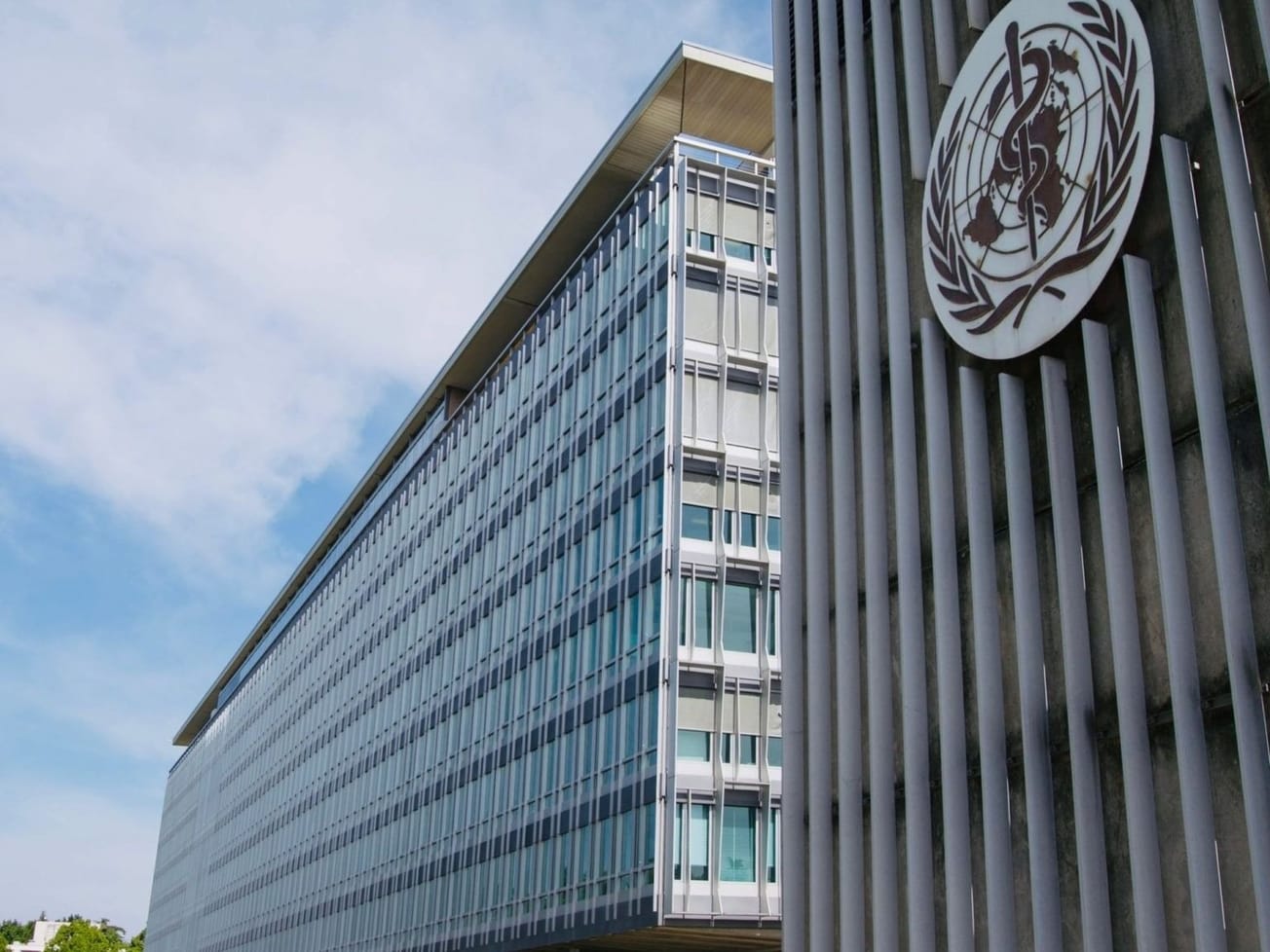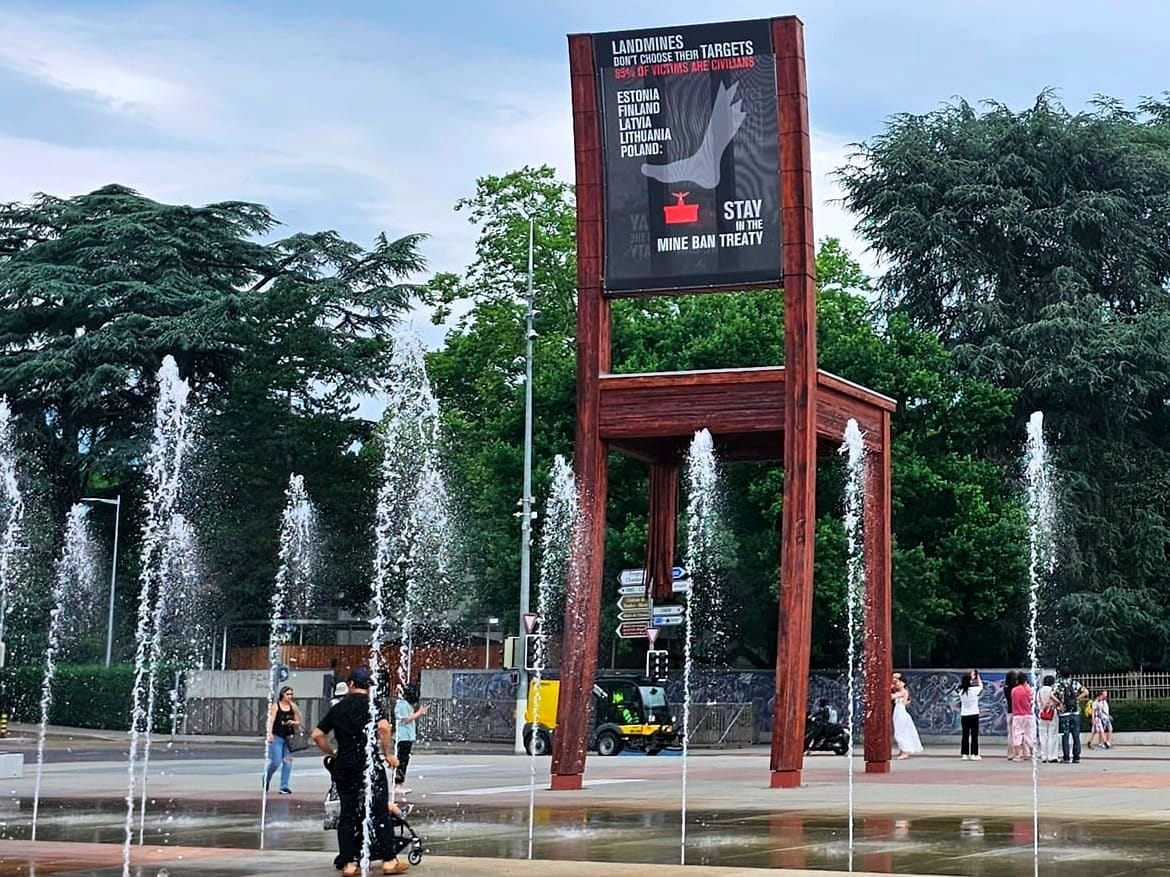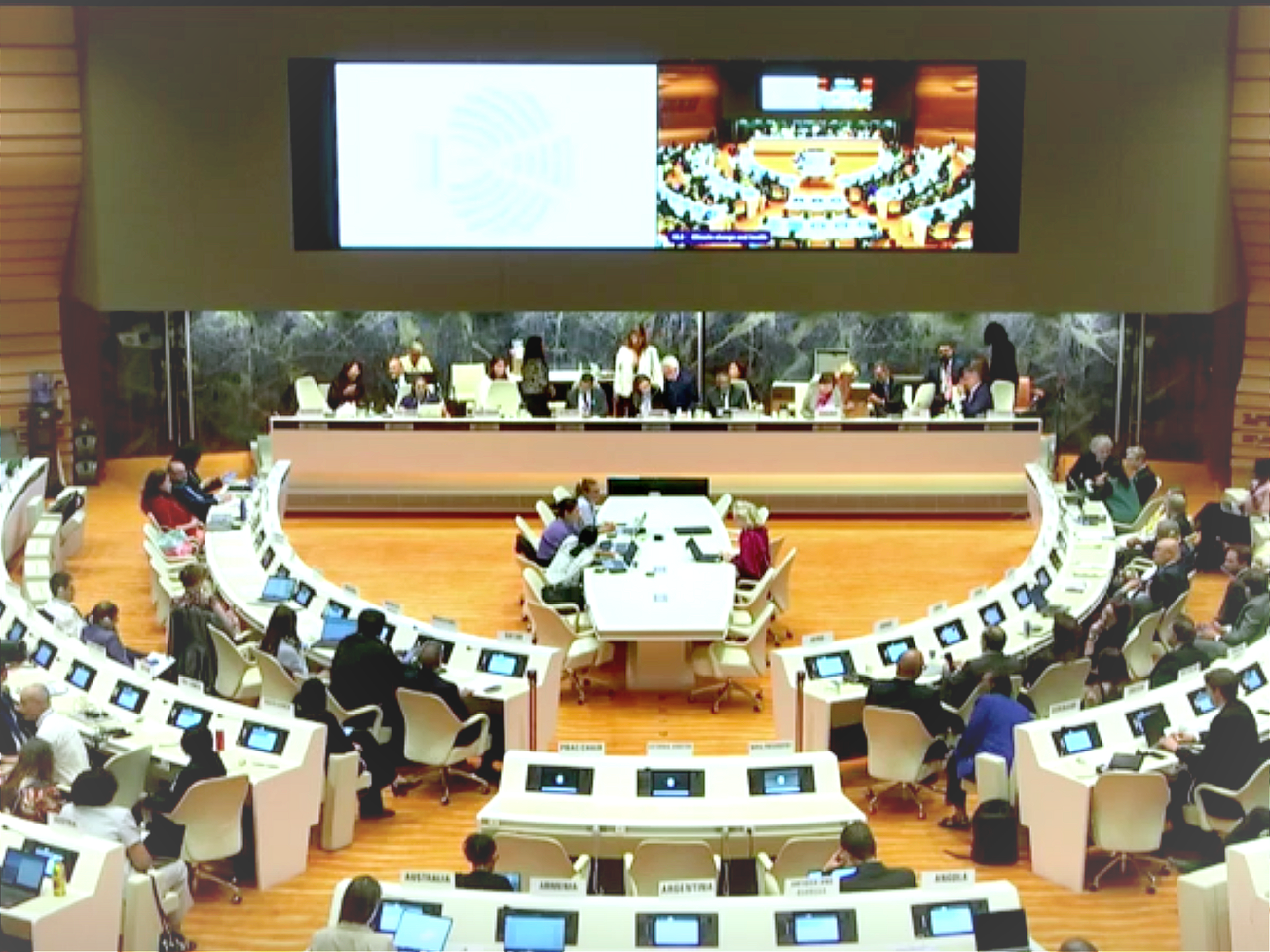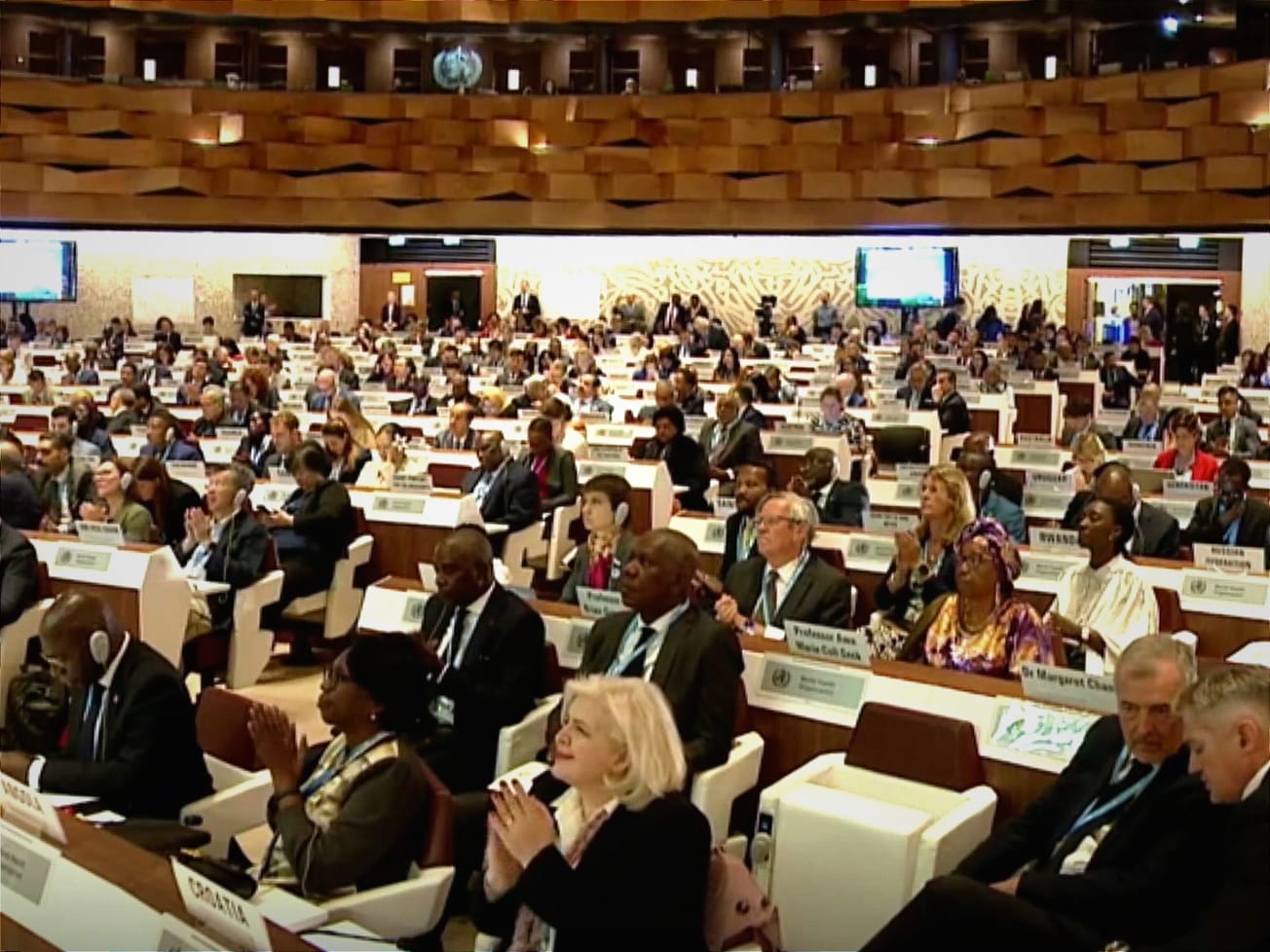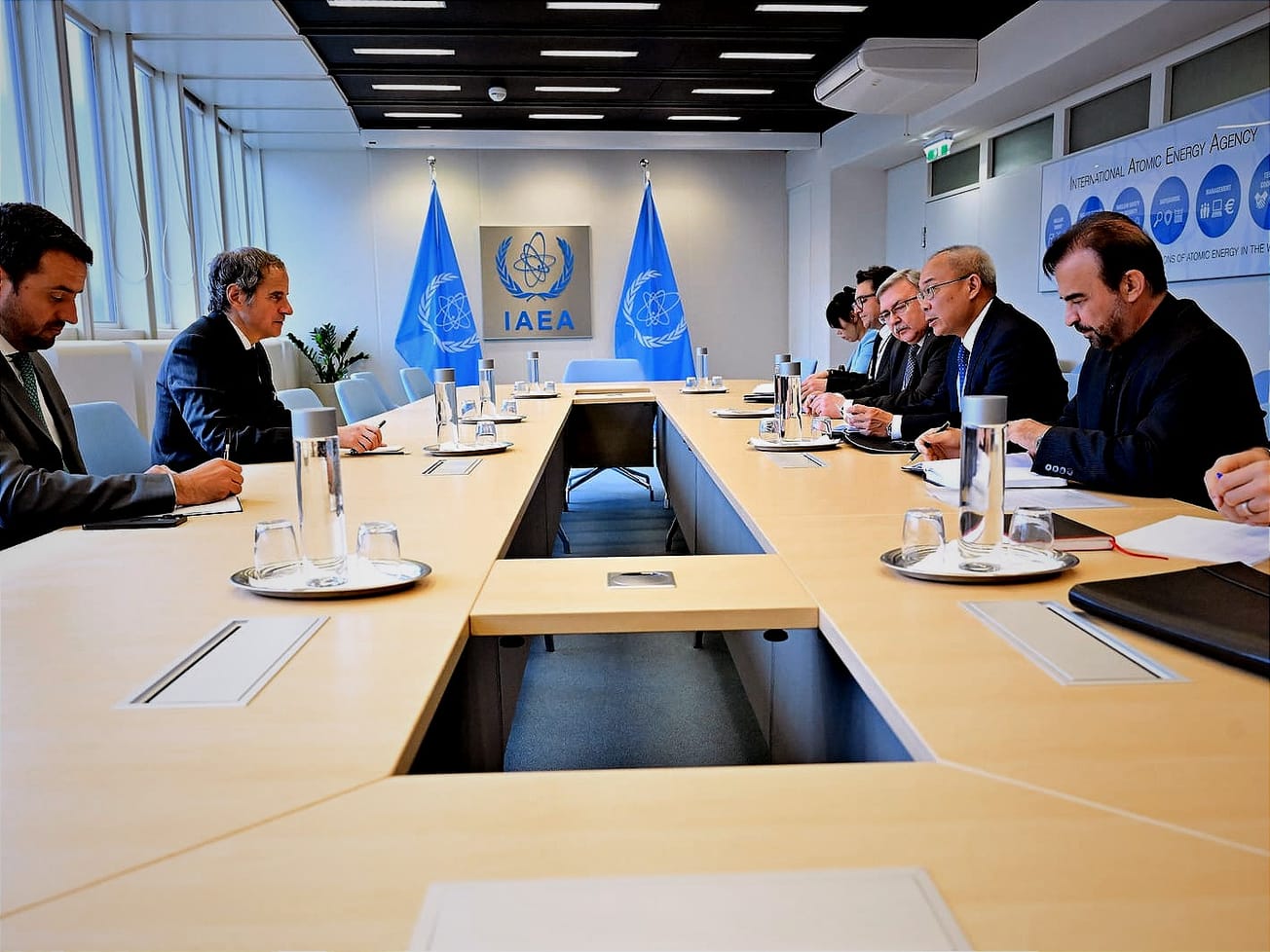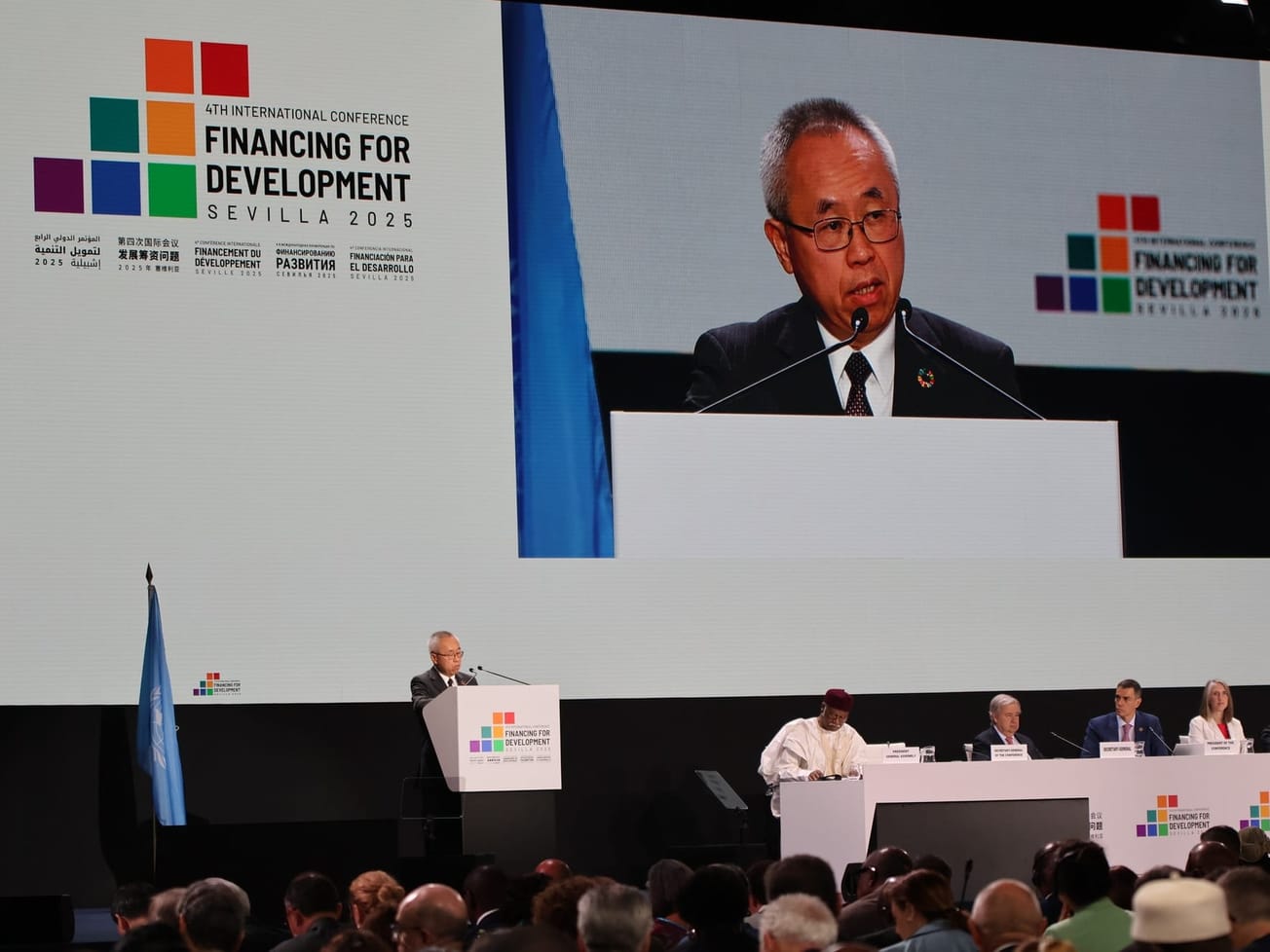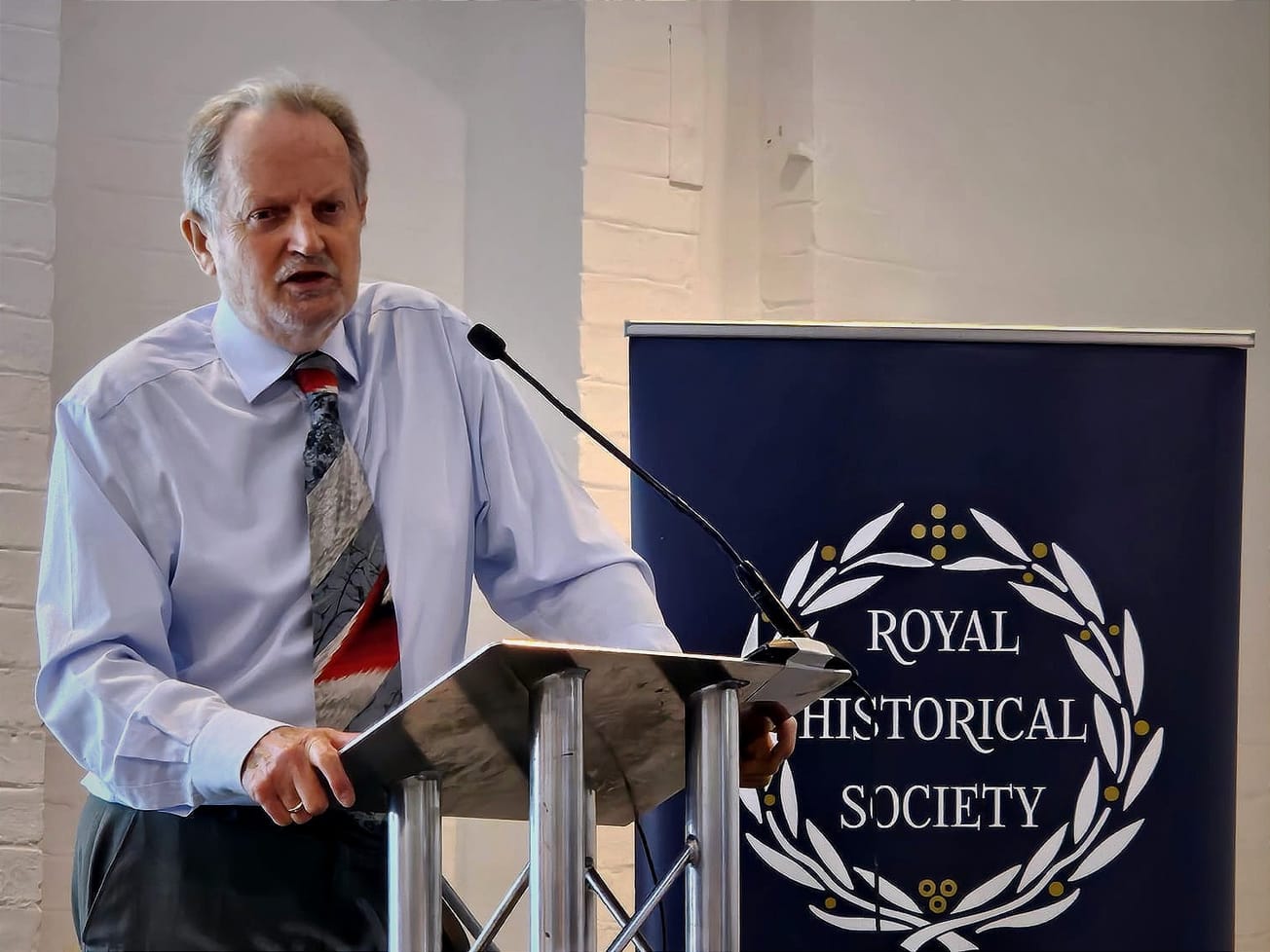GENEVA (AN) — Secret cures and vaccines. Chinese biological weapons. These have been some of the bogus social media claims the World Health Organization said on Monday it was pushing back against in the global coronavirus outbreak.
WHO’s Director General Tedros Adhanom Ghebreyesus, a politician and public health expert who formerly led Ethiopia’s foreign affairs and health ministries, told the opening of the United Nations health agency's executive board meeting it was enlisting help from big tech companies to "combat the spread of rumors and misinformation" about the new, fast-spreading respiratory virus first identified in Wuhan, China at the end of 2019.

